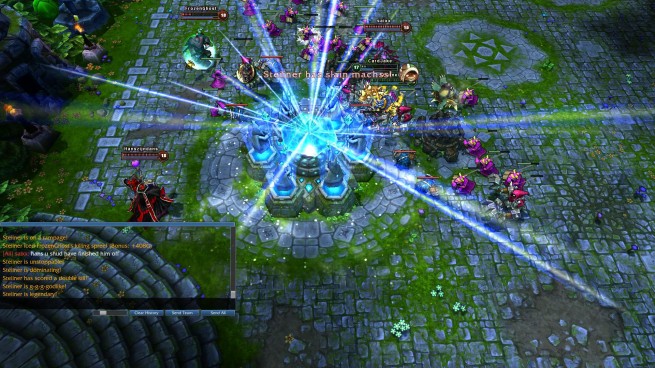 Al Rose is the VP of retail and Internet properties at Telus International
Al Rose is the VP of retail and Internet properties at Telus International
Product development and player support have not always gone hand in hand. In fact, exceptional customer service from a gaming company might be surprising. Considering that the online gaming economy relies heavily on attracting and retaining players, and then moving them to recurring monthly or micropayments, the lack of good customer support is even more surprising. A growing player base requires happy players. Recurring payments requires recurring customers. Customer service should be a given.

Unlock premium content and VIP community perks with GB M A X!
Join now to enjoy our free and premium membership perks.
![]()

![]()